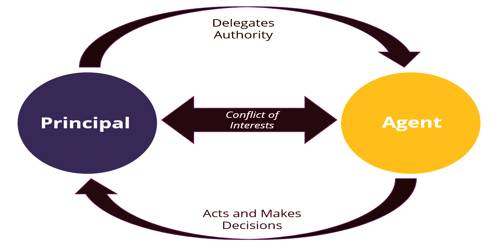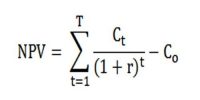Conflicts of interest among stockholders, bondholders and managers are called agency problem. It is assumed that the managers and the shareholder if left alone, will each attempt to act in his or her own self- interest. Which creates the conflicts of interest can be termed as agency conflicts.
Resolving the problem:
Most firms today use a package of economic incentives, along with some monitoring, to influence a manager’s performance and thus reduce the agency problem. The following incentives or factors that motivate managers are discussed below:
(a) Performance-based compensation plans: Managers compensation usually depends on the company’s performance. If any organization is performing better the manages can be compensated and the compensation can be in the form of
- A specified annual salary designed to cover living expenses,
- A bonus paid at the end of the year which depends on the company’s profitability during the year and,
- Options to buy stock, or actual shares of stock, which reward the executives for the firm’s long- term performance.
(b) Direct intervention by shareholders: Although a great deal of stock is owned by individuals, an increasing percentage is owned by institutional investors such as insurance companies, pension funds, and mutual funds. These institutional investors can enforce a firm’s managers for improving their performance and sometimes give suggestions regarding how the business should be run.
(c) The threat of firing: The CEOs or other top executives can be forced out of office due to the company’s poor performance.
(d) The threat of takeover: Hostile takeover is most likely to occur when a firm’s stock is undervalued relative to it’s potentially a hostile takeover, the managers of the acquired firm are generally fixed. Thus, managers have a strong incentive to take, actions which maximize stock prices and possible to avoid taking over.















